Appeals court upholds restraining order on ‘roving’ Southern California ICE raids, saying conducted without ‘reasonable suspicion’
Appeals court upholds restraining order on ‘roving’ Southern California ICE raids, saying conducted without ‘reasonable suspicion’
LOS ANGELES – A federal appeals court panel on Friday, Aug. 1, largely upheld a temporary restraining order that halted the federal government’s month-long immigration crackdown across Southern California.
The three-judge panel of the 9th Circuit Court of Appeals, agreed with a lower court ruling that the government’s roving immigration patrols were illegally conducted without reasonable suspicion.
The federal government’s attorneys wanted the panel to issue a stay on that ruling and the restraining order, arguing that U.S. District Judge Maame Ewusi-Mensah Frimpong, was wrong in her July 11 ruling.
A stay would have allowed the government would have lifted the restraining order, allowing agents to resume their massive dragnet in Southern California counties.
But the panel – Judges Ronald M. Gould, Marsha S. Berzon and Jennifer Sung – found that the “the individual plaintiffs have made a sufficient showing of future injury to establish standing to seek injunctive relief,” and that factors that would have allowed the government to stay the lower court ruling had not been met by Department of Justice attorneys.
The court agreed with federal government only as to a single clause, but upheld everything else in Frimpong’s earlier ruling.
Citing case law, the panel homed in on the issue of reasonable suspicion, the legal requirement for arrests, noting that the government’s arguments describe only a “broad profile’ that does not supply the reasonable suspicion required to justify a detentive stop.”
“Reasonable suspicion cannot be based on ‘generalizations that, if accepted, would cast suspicion on large segments of the lawabiding population.’” they wrote in their 61-page ruling issued late Friday. “Rather, the specific facts articulated ‘must provide a rational basis for separating out the illegal aliens from American citizens and legal aliens.’”
The federal government, they said, did not meet a more specific standard.
“We agree with the district court that, in the context of the Central District of California, the four enumerated factors at issue—apparent race or ethnicity, speaking Spanish or speaking English with an accent, particular location, and type of work, even when considered together— describe only a broad profile and ‘do not demonstrate reasonable suspicion for any particular stop,’” they wrote.

In their appeal, government attorneys insisted in their oral arguments on Monday in front of the judges, that the immigration stops — which were largely halted in the Los Angeles area by Frimpong’s order — were perfectly legal, carefully targeted and conducted with probable cause to make arrests.
“The officers are instructed to find reasonable suspicion before an arrest,” U.S. Department of Justice Attorney Jacob Roth argued told the appeals panel, adding that Frimpong’s restraining order “is fundamentally flawed on multiple levels.”
But the panel, even during the oral arguments, appeared skeptical about the constitutionality of the raids, repeatedly probing on whether they violate the Fourth Amendment’s prohibition against unreasonable searches and seizures.
“It appears they are randomly selecting Home Depots where people are standing looking for jobs,” Judge Marsha Berzon, an appointee of Bill Clinton, remarked at Monday’s hearing, which was streamed live on the 9th Circuit website.
On Friday, they said took on the issue of location: “As to location, both the Supreme Court and this court have made clear that an individual’s presence at a location that illegal immigrants are known to frequent does little to support reasonable suspicion when U.S. citizens and legal immigrants are also likely to be present at those locations.”
“Defendants have not shown that they are likely to prevail as to any other arguments aimed at the substance of the TRO,” the panel wrote, also saying that the district court did not abuse its discretion by issuing an order that applied throughout Southern California.
On Monday, during oral arguments on the appeal, Gould — also a Clinton appointee, asked Roth three separate times to explain a reported 3,000-person daily arrests strategy and to pinpoint exactly where the quota supposedly originated.
Questioned if there was actually such a policy, Roth responded, “Not to my knowledge, your honor,” adding, “I think it came from a newspaper article.”
Gould ordered Roth to determine the origin of the apparent directive and file the results with the court. White House Deputy Chief of Staff Stephen Miller reportedly issued the directive to U.S. Immigration and Customs Enforcement in May, a month before ICE launched its aggressive campaign against what it insists are unauthorized immigrants in the Los Angeles region.
In a footnote in their ruling on Friday, the 9th Circuit panel said the government’s attorneys replied, saying:
“In response to the Court’s inquiry at oral argument, DHS has confirmed that neither ICE leadership nor its field offices have been directed to meet any numerical quota or target for arrests, detentions, removals, field encounters, or any other operational activities that ICE or its components undertake in the course of enforcing federal immigration law.”
The government went on to say that the 3,000-arrests-per-day quota “appears to originate from media reports quoting a White House advisor who described that figure as a “goal” that the Administration was “looking to set.”
But attorney also that while “that quotation may have been accurate,” “no such goal has been set as a matter of policy, and no such directive has been issued to or by DHS or ICE. To be sure, enforcement of federal immigration law is a top priority for DHS, ICE, and the Administration. But the government conducts its enforcement activities based on individualized assessments, available resources, and evolving operational priorities—not volume.”
The appeal stems from a lawsuit filed July 2 by Southland residents. The case is called Pedro Vasquez Perdomo, et al., v. Kristi Noem, named for Homeland Security Secretary Kristi Noem and for Perdomo, one of the three detained at a Pasadena bus stop.
Perdemo, Carlos Alexander Osorto and Isaac Villegas Molina, were sitting at a bus stop across from a Pasadena Winchell’s Donuts on the morning of June 18.
Four cars suddenly stopped at the spot, and six masked and armed federal agents emerged and converged, detaining the men without immediately identifying themselves, according to the lawsuit filed by Public Counsel and the American Civil Liberties Union.
Along with Jorge Hernandez Viramontes, of Baldwin Park — questioned and detained from his job at an Orange County car wash — and Jason Brian Gavidia, an East L.A. resident stopped and questioned, from an L.A. County tow yard, they are lead plaintiffs.
Ultimately, if the government appeals again, their case could help determine the national legal trajectory of President Donald Trump’s massive immigration dragnet.
This decision relates only to the Southern California district that the lower federal court has jurisdiction over.
Advocacy groups allege the U.S. Department of Homeland Security is operating a program of “abducting and disappearing” community members using unlawful arrest tactics, then confining detainees in illegal conditions while denying access to attorneys.
The proposed class-action suit brought in Los Angeles federal court by five workers as well as three membership organizations and a legal services provider alleges that DHS has unconstitutionally arrested and detained people in order to meet arbitrary arrest quotas set by the Trump administration.
“There is a non-trivial number of people who are saying this is happening,” Berzon said.
In his response to the government’s bid to reverse the TRO, Mohammad Tajsar, a staff attorney at the ACLU of Southern California, argued that the administration was “making stops and arrests without a case-by-case analysis” and without probable cause, in many instances.
The government has directed immigration agents “with a wink and a nod … to go out there and snatch” people up, Tajsar alleged.
Frimpong has scheduled a hearing in the case on Sept. 24.
SCNG City Editor Ryan Carter and City News Service contributed to this report.
Comments 0
Recommended Post
Gogolook launches news wall feature to Whoscall App












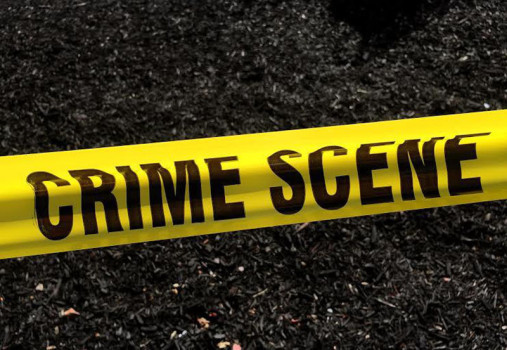

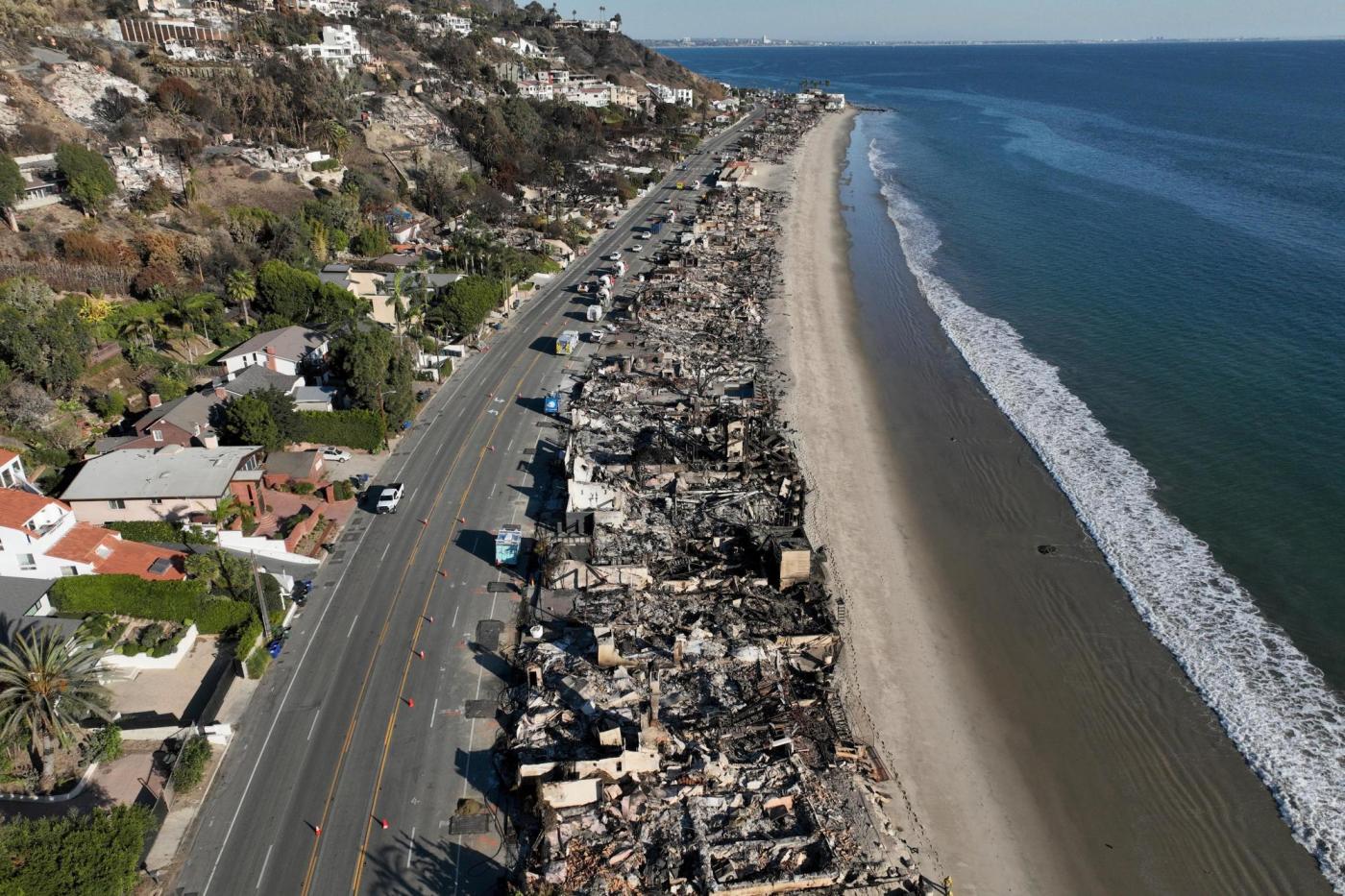
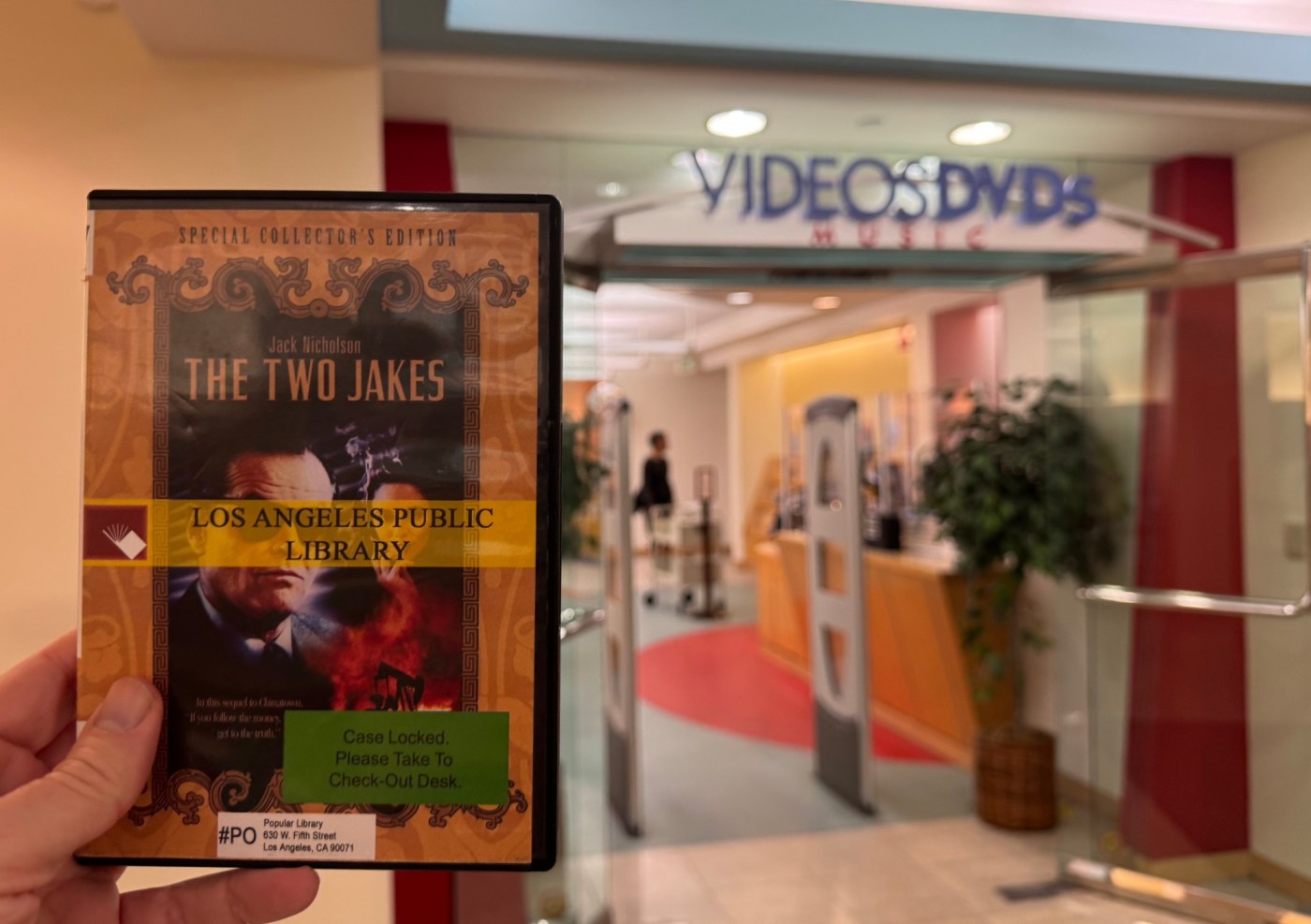
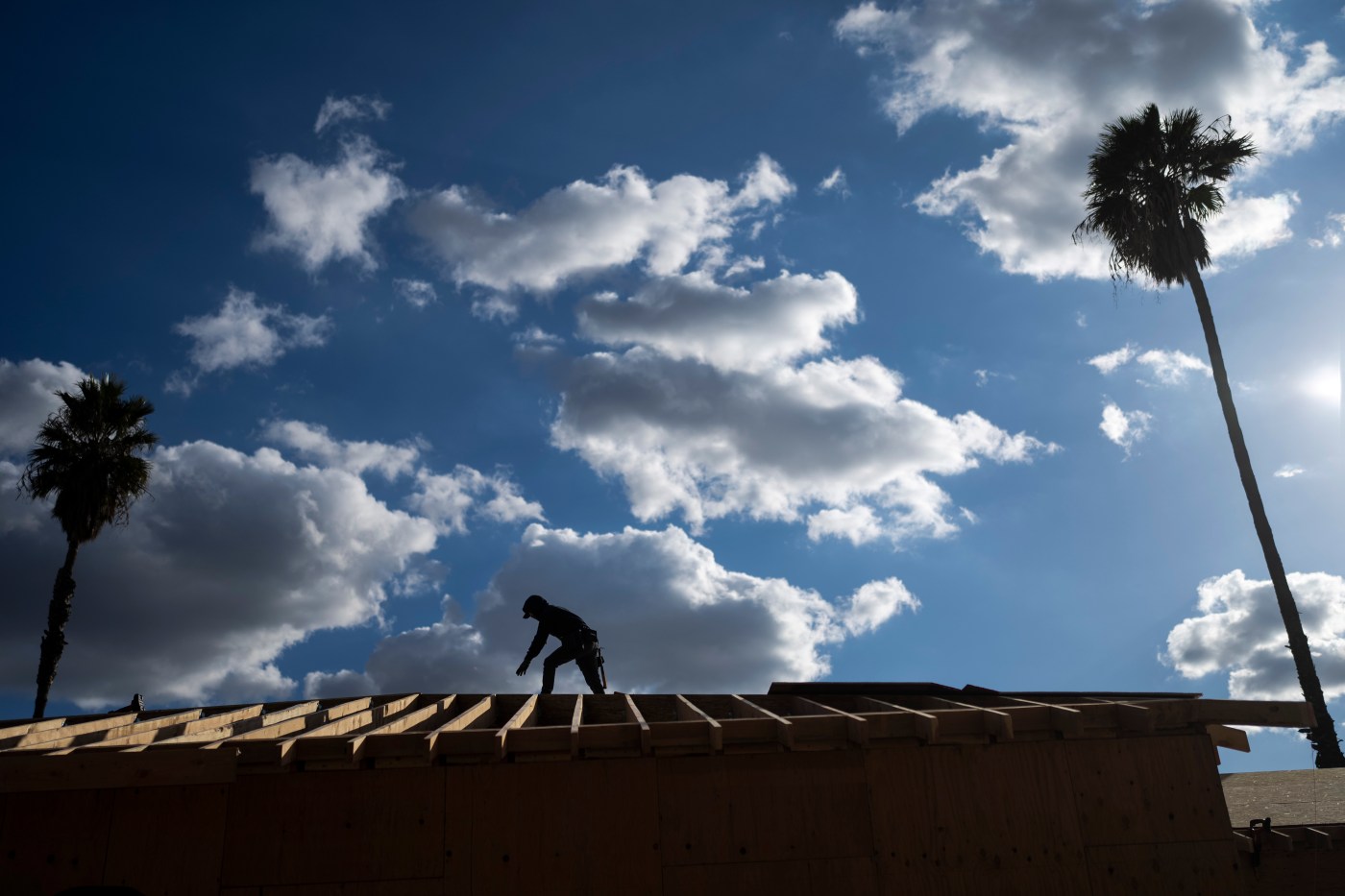
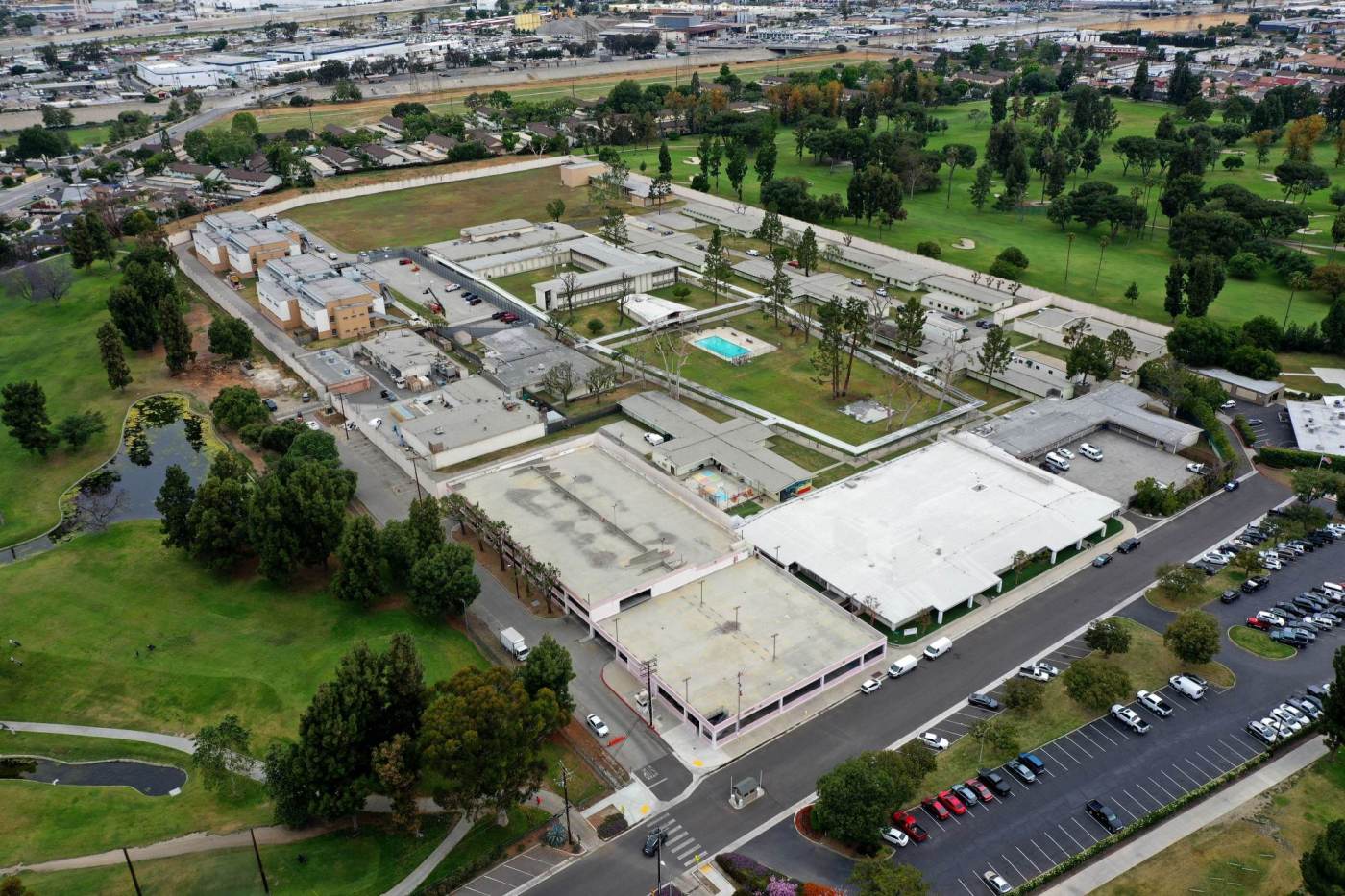



Leave a Comment